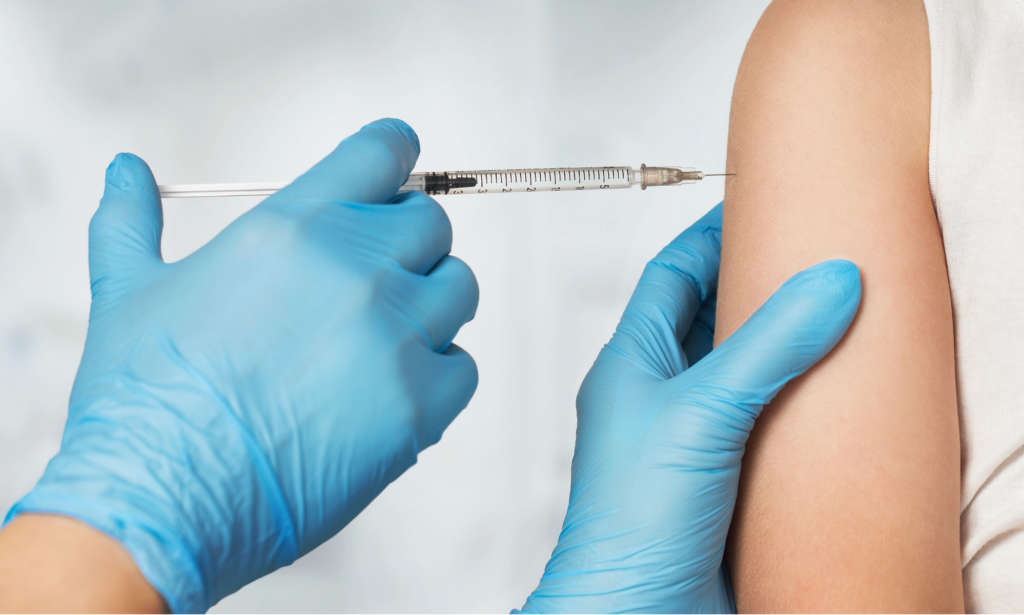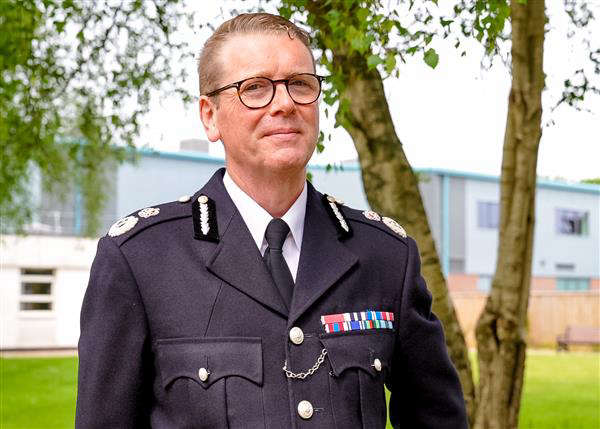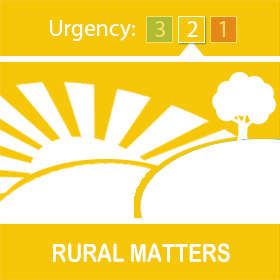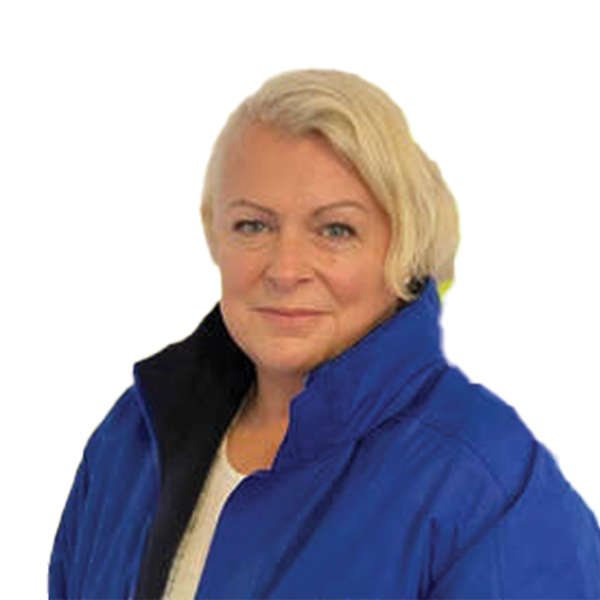
Of real concern is the drop in the flu vaccine uptake rates last winter across all eligibility groups in the South Wes compared with the previous year. While uptake in older people in the South West last year remained high, 4 in 10 of people with long-term health conditions, just under 4 in 10 pregnant women and just over half of 2-and-3-year-olds received the vaccine.
Latest UK Health Security Agency (UKHSA) data shows over the past two winters (Oct – May: 23-24 and 22-23) at least 18,000 deaths were associated with flu, despite last winter being a relatively mild flu season.
While pandemic restrictions and social behaviours saw flu levels fall dramatically for a few years, these latest mortality figures are a stark reminder that flu is a deadly virus, particularly for older people and other groups at greatest risk.
Of real concern is the drop in the flu vaccine uptake rates last winter across all eligibility groups in the South West and England compared with the previous year.
While uptake in older people in the South West last year remained high (81% uptake), 4 in 10 (46.5%) of people with long-term health conditions, just under 4 in 10 (37.1%) pregnant women and just over half (51.4%) of 2-and-3-year-olds received the vaccine.
Evidence shows the significant impact from last year’s flu vaccine with a 30% reduction in the number of those aged 65 and over being hospitalised and a 74% reduction in those between 2 and 17 years of age.
In the same two-year winter period the estimated number of deaths associated with COVID-19 was just over 19,500.
To help reduce the impact of winter viruses on those most at risk, as well as ease NHS winter pressures, the UKHSA - with Department for Health and Social Care and NHS England – is set to launch a scaled-up Get Winter Strong campaign on the 7 October.
The campaign will urge those eligible to get their flu and COVID-19 vaccination when invited, ahead of winter, targeting those at greatest risk and for the first time will encourage pregnant women to also get their RSV and whooping cough vaccination.
Last year saw a sudden increase in the number of people having to be hospitalised, due to a flu peak in the week leading up to Christmas and then again at the end of January.
Pregnant women and older people aged 75-79 are also eligible for a RSV vaccination for the first time this year, with the maternal vaccine providing strong protection for newborns in their first few months, when they are most at risk of severe illness from RSV.
The schools programme also began in early September, with those aged 4 up to the age of 16 (school year 11) being offered a nasal spray vaccine, or an injection if this is unsuitable.
It is important young people take up the vaccine as it protects the child themselves and helps stop the spread to vulnerable people around them, including babies, grandparents, and people with weak immune systems.
Professor Dominic Mellon, Deputy Regional Director of Health Protection at UKHSA South West said:
“As winter approaches we see many dangerous viruses circulating in our communities including flu, which can tragically kill thousands of people every year. Getting vaccinated ahead of winter is by far your best defence.
“If you’re pregnant or have certain long-term health conditions you are at greater risk of getting seriously ill. Older people and young infants with flu are also much more likely to get hospitalised.
“So if you or your child are offered the flu, COVID-19 or RSV vaccines, don’t delay in getting them. Please speak to your nurse or doctor if you have any concerns.”
As of last week, millions of eligible people in England can now book their flu and COVID-19 vaccines through the NHS, with appointments starting from 3 October.
For their RSV jab, pregnant women and older adults should speak to their maternity service or GP practice to arrange, as the NHS rolls out additional protection for those most at risk ahead of winter.
Dr Kheelna Bavalia, South West Medical Director, said: “Vaccinations are our best defence against flu and COVID-19. With NHS bookings now open for these life-saving vaccinations, I would strongly encourage anyone eligible to book your jabs as soon as possible.
You can do this quickly and easily through the NHS App, by visiting the NHS website, or by calling 119. This is the best way to protect yourself and those around you this winter.”
Steve Russell, NHS National Director for Vaccinations and Screening:
“Today’s data showing there were almost 20,000 deaths associated to flu over the past two winters is a shocking reminder that this is a seriously dangerous virus, and I urge those who are eligible to book their vaccine appointment as soon as they can as it is our best way of protecting those who are vulnerable as winter approaches.
“Thanks to the hard work of our NHS staff, life-saving flu, COVID-19 and RSV vaccines are being rolled out across the country in places that are as convenient as possible for people who need them. Flu and COVID-19 jab appointments are now available to book via the NHS website, the NHS App, or by calling 119 for free - making it as easy as possible for people to get vaccinated.”
Minister for Public Health and Prevention, Andrew Gwynne said:
“I encourage everyone who is eligible to get their flu, COVID-19 and RSV vaccinations as soon as possible. They are without doubt the best way to protect yourself from these viruses that can cause serious harm.”
Every year the World Health Organization recommends which strains should be included in the flu vaccine, with the UKHSA contributing to this work. Vaccines are then developed to help fight off the types of flu viruses expected to be circulating in the coming season. As the viruses can change every year, and protection from the vaccine reduces over time, it is important those eligible get a vaccine every year.
The Get Winter Strong campaign will run for 10 weeks and will appear on broadcast TV, on demand and community TV, as well as radio channels, outdoor poster sites across England and on social media channels.
For more information on winter vaccinations and how to book, please visit www.nhs.uk/wintervaccinations

 Criminal investigation into suspended Chief Constable dropped
Criminal investigation into suspended Chief Constable dropped
 Devon families receive their primary school place offers
Devon families receive their primary school place offers
 Theft of Quad Bike / Livestock Trailer and / Farm Tools - Tiverton and Withleigh Area
Theft of Quad Bike / Livestock Trailer and / Farm Tools - Tiverton and Withleigh Area
 Stay vigilant for ticket fraud ahead of top events and concerts this summer.
Stay vigilant for ticket fraud ahead of top events and concerts this summer.











